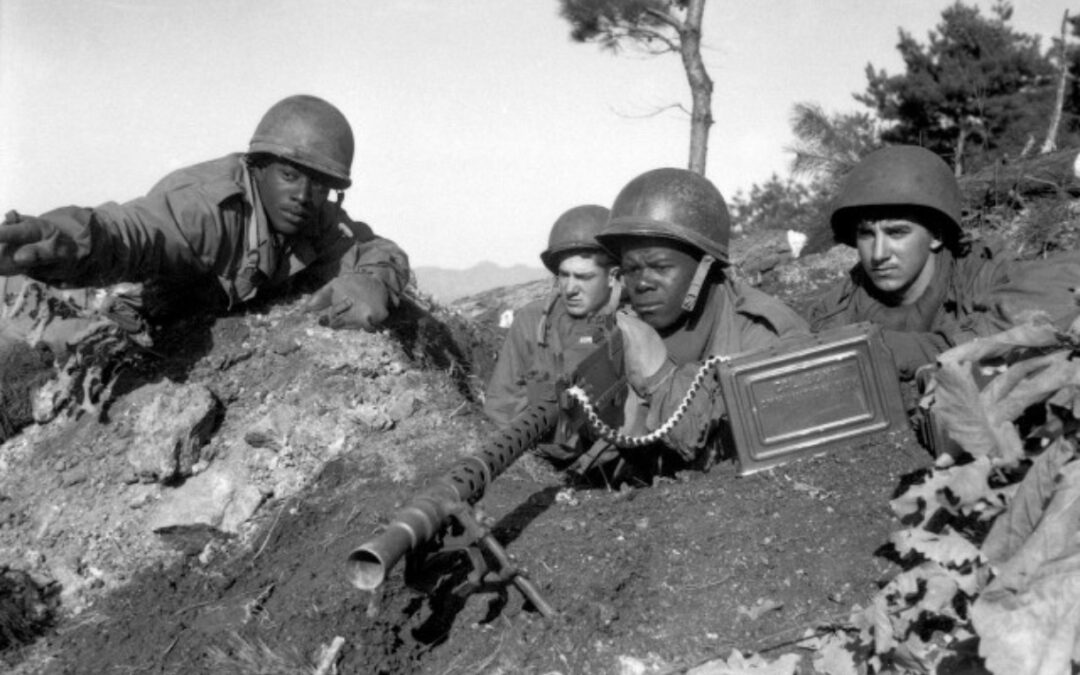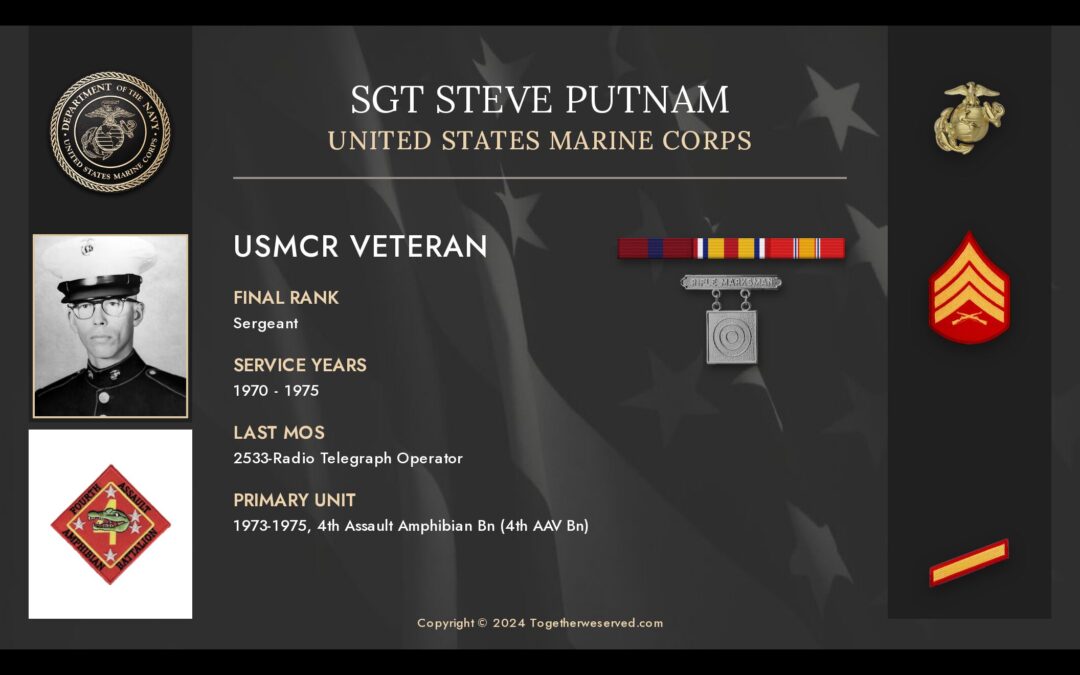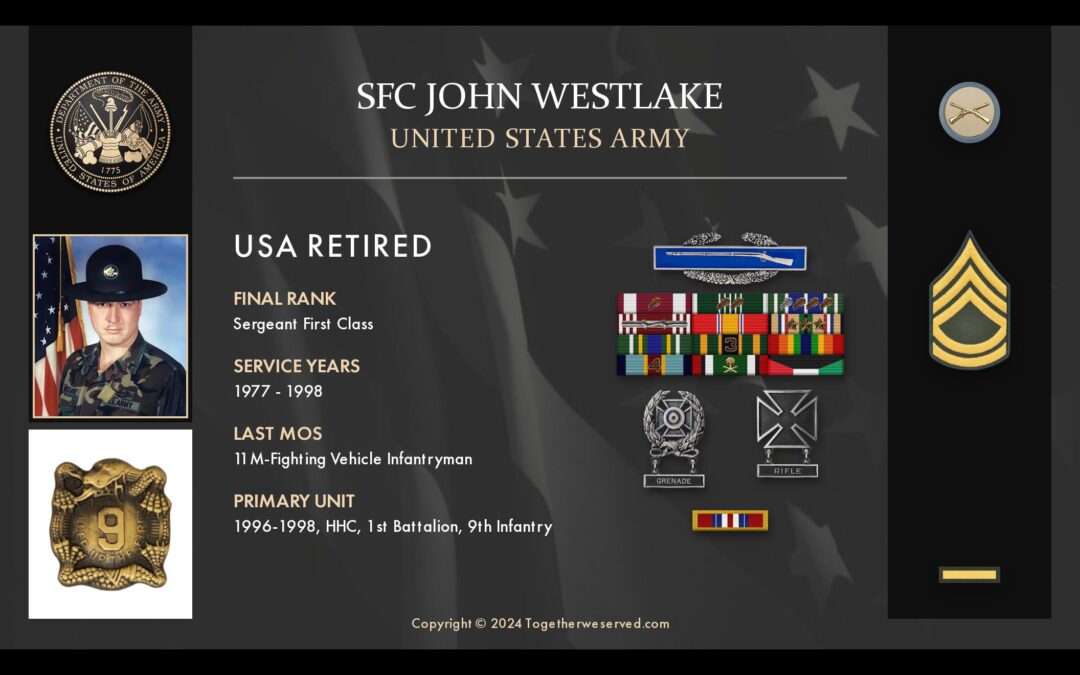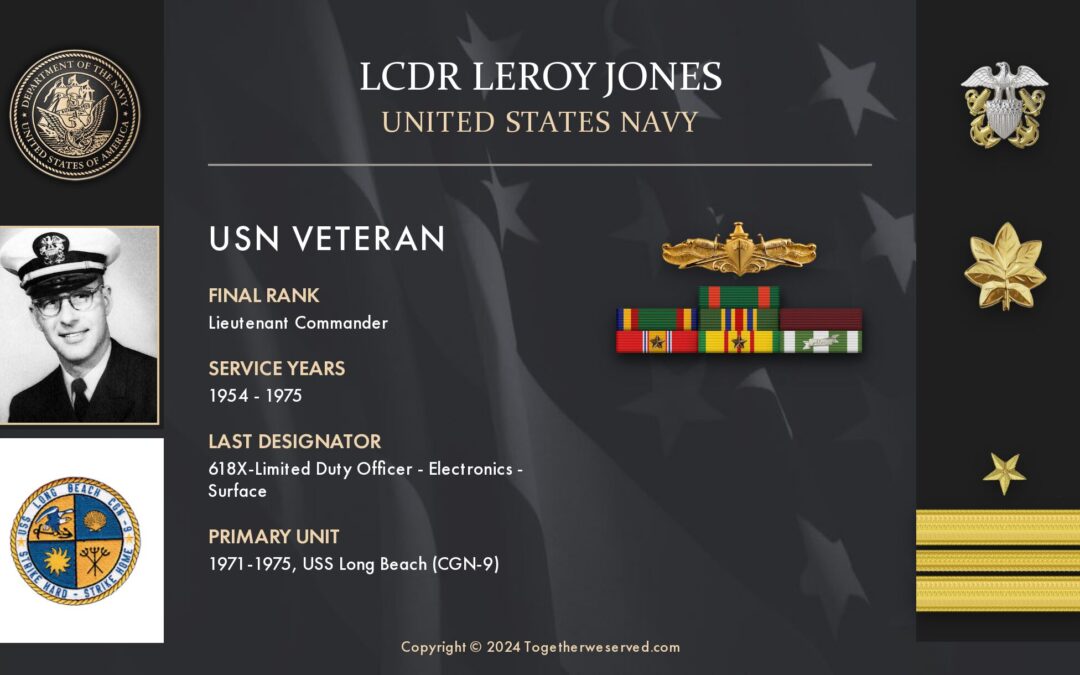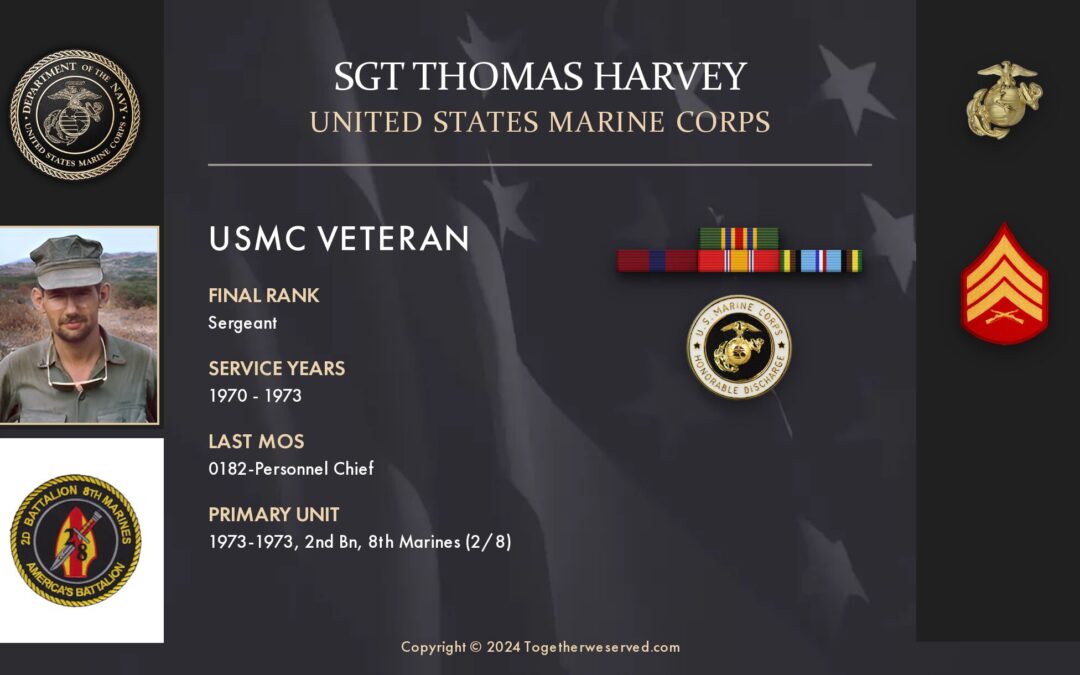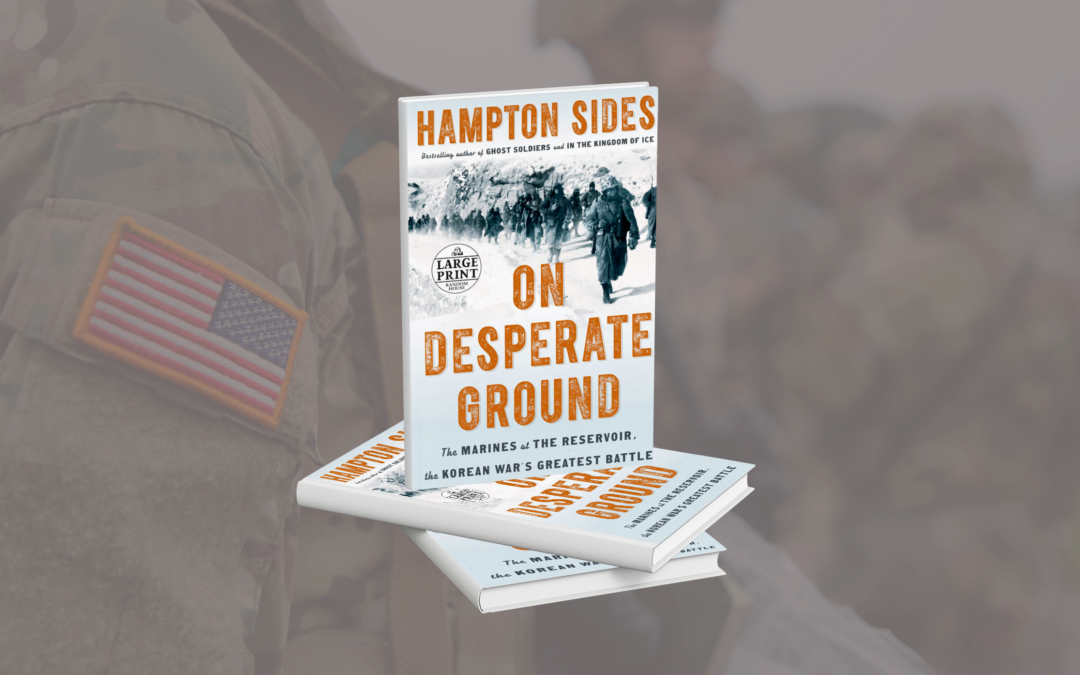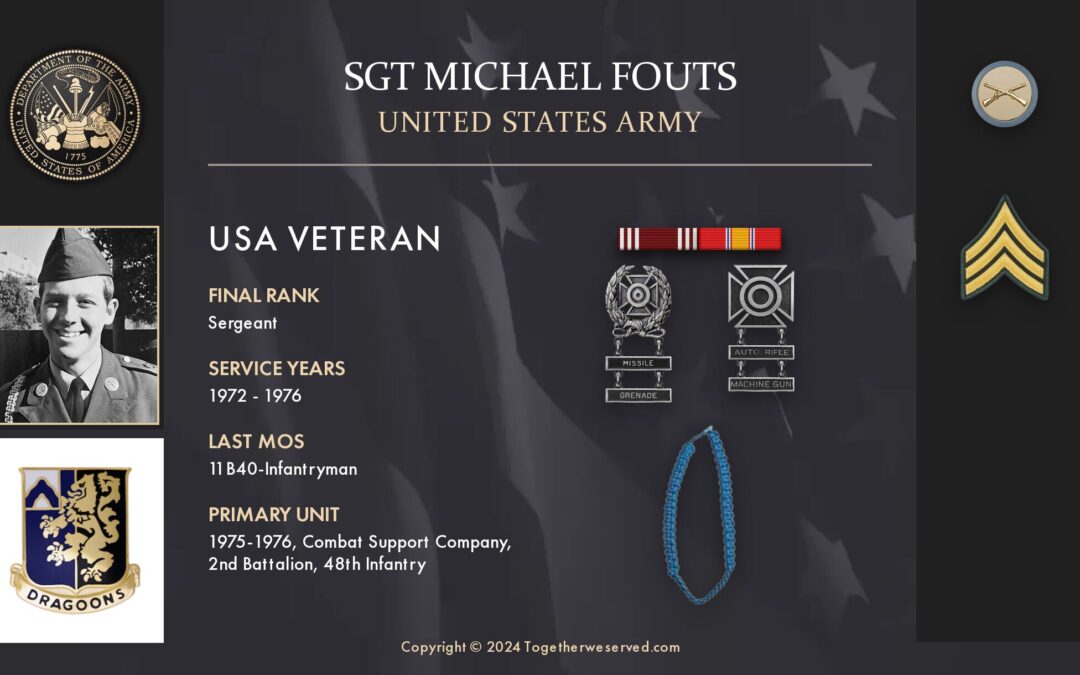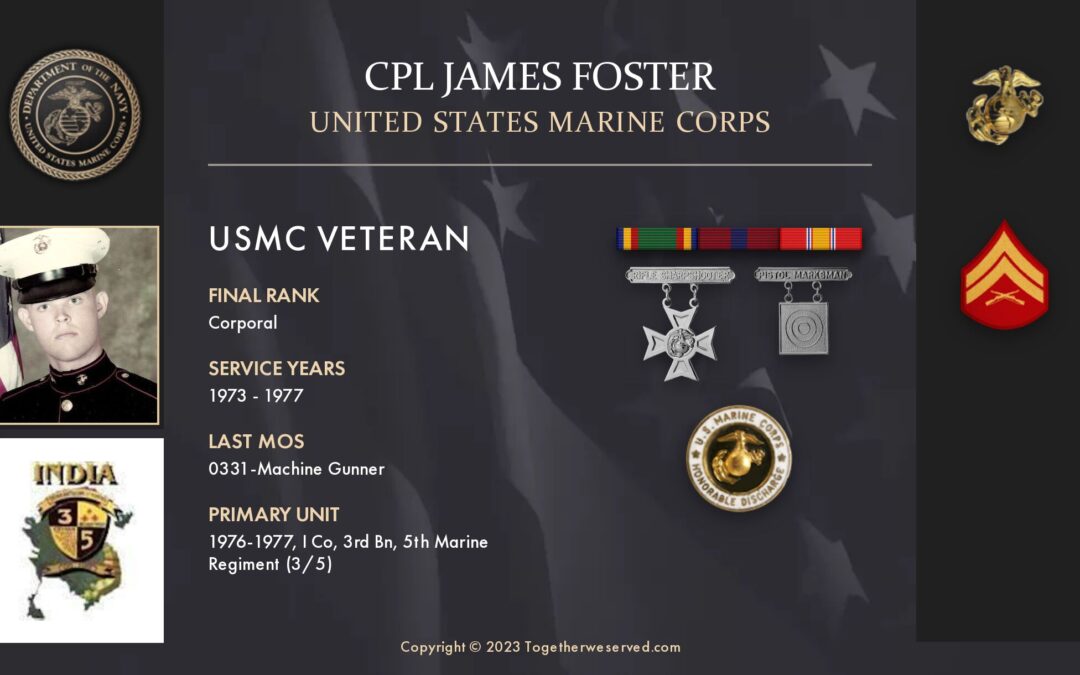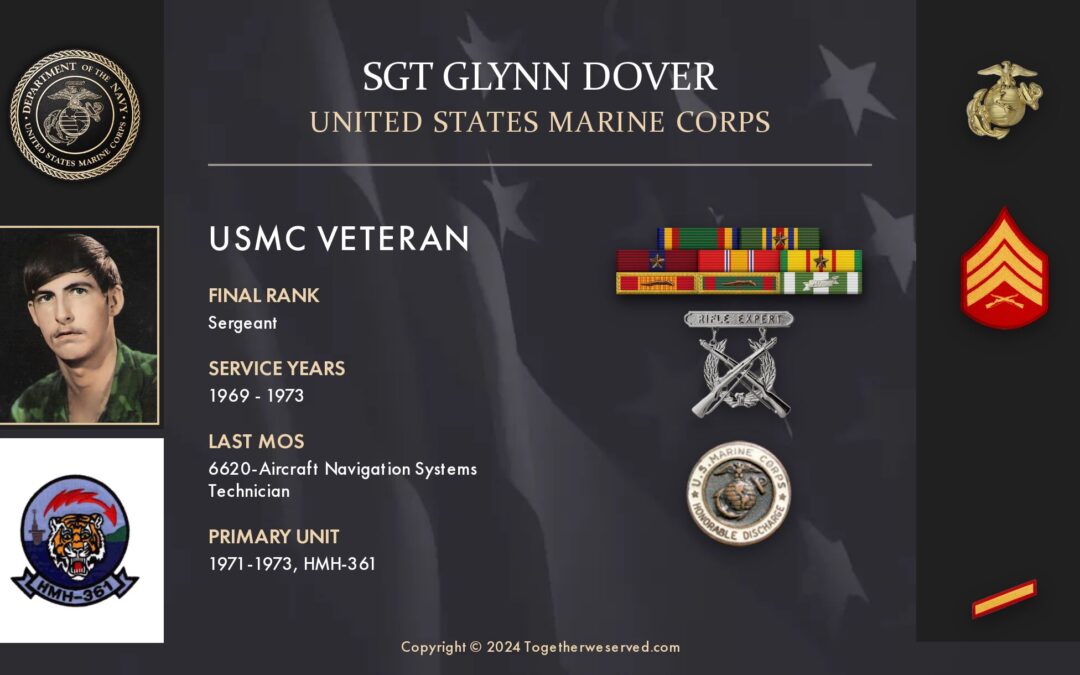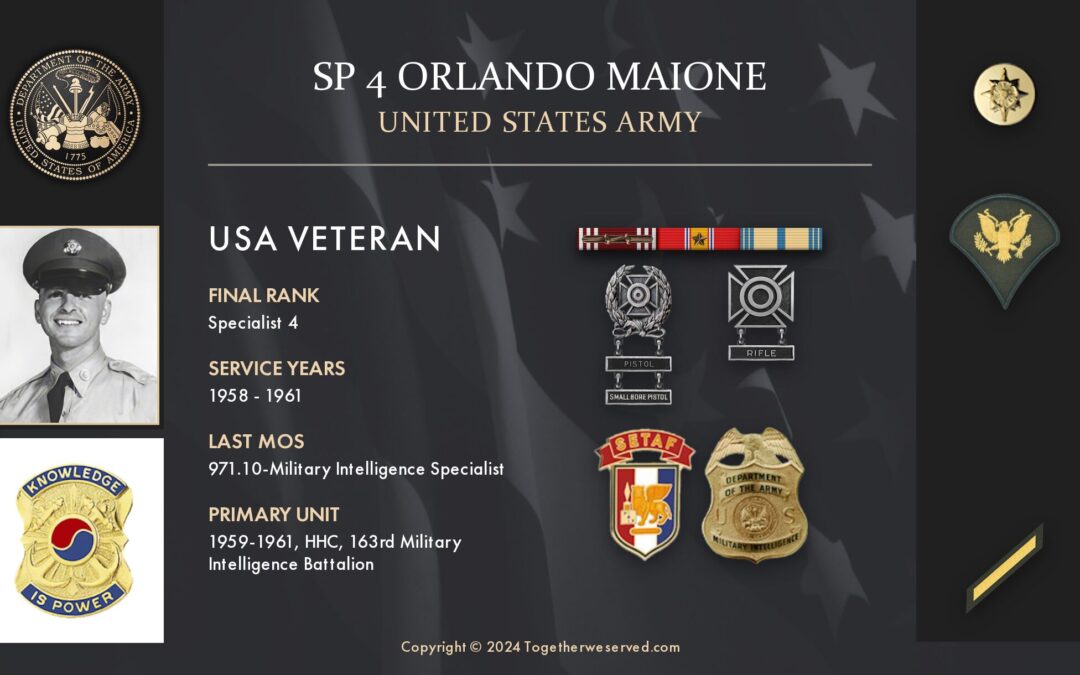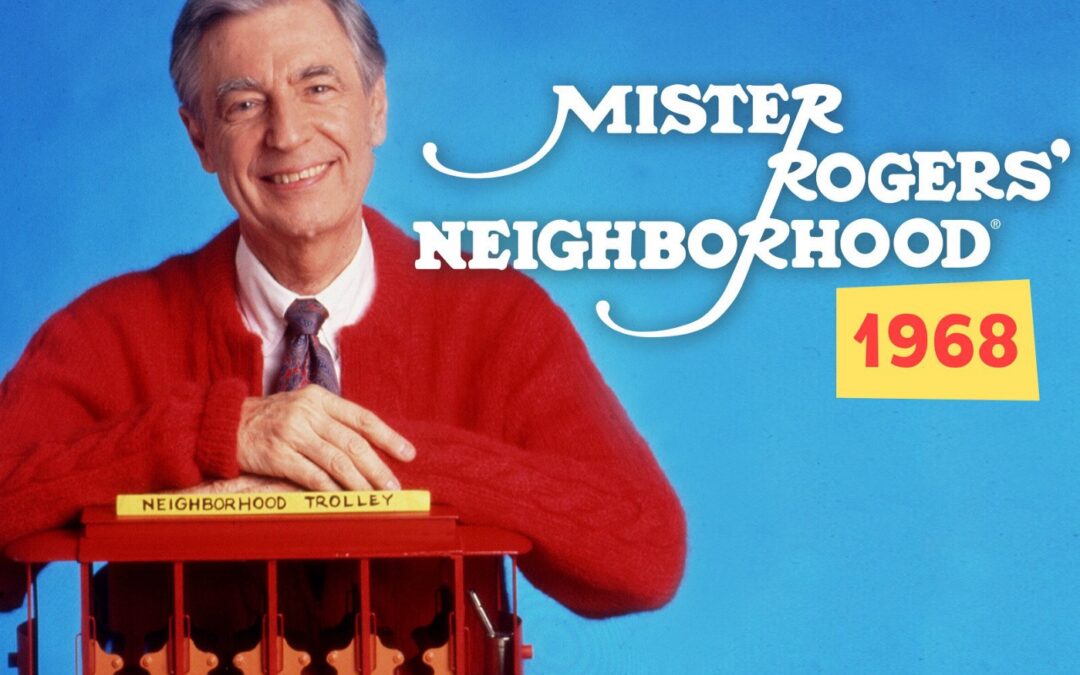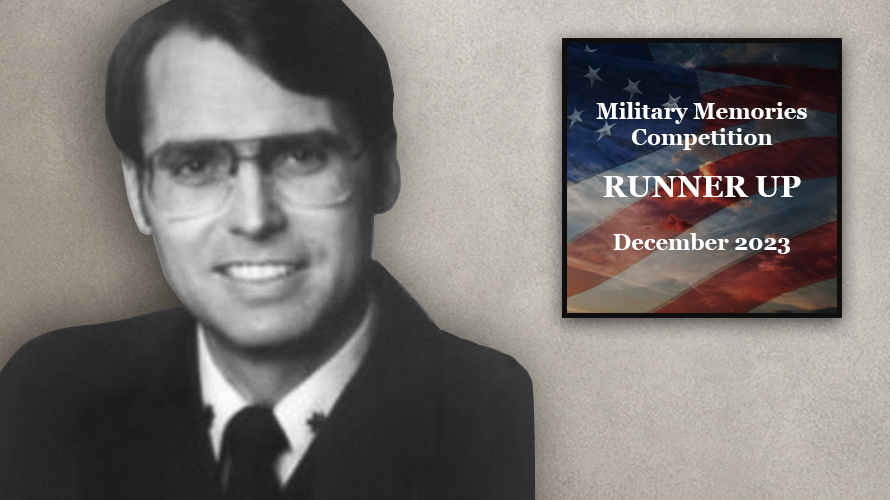Calling the war in Korea, the "forgotten war" has been part of the American lexicon since 1951. However, why it was called that in the first place is not completely understood. The Forgotten War Began With a Surprise Attack To understand how the words and, more importantly, how its meaning became part of our national mentality, one must first appreciate the history of what was occurring on the Korean peninsula before, during, and following the war. Korea was ruled by Japan from 1910 until the...
